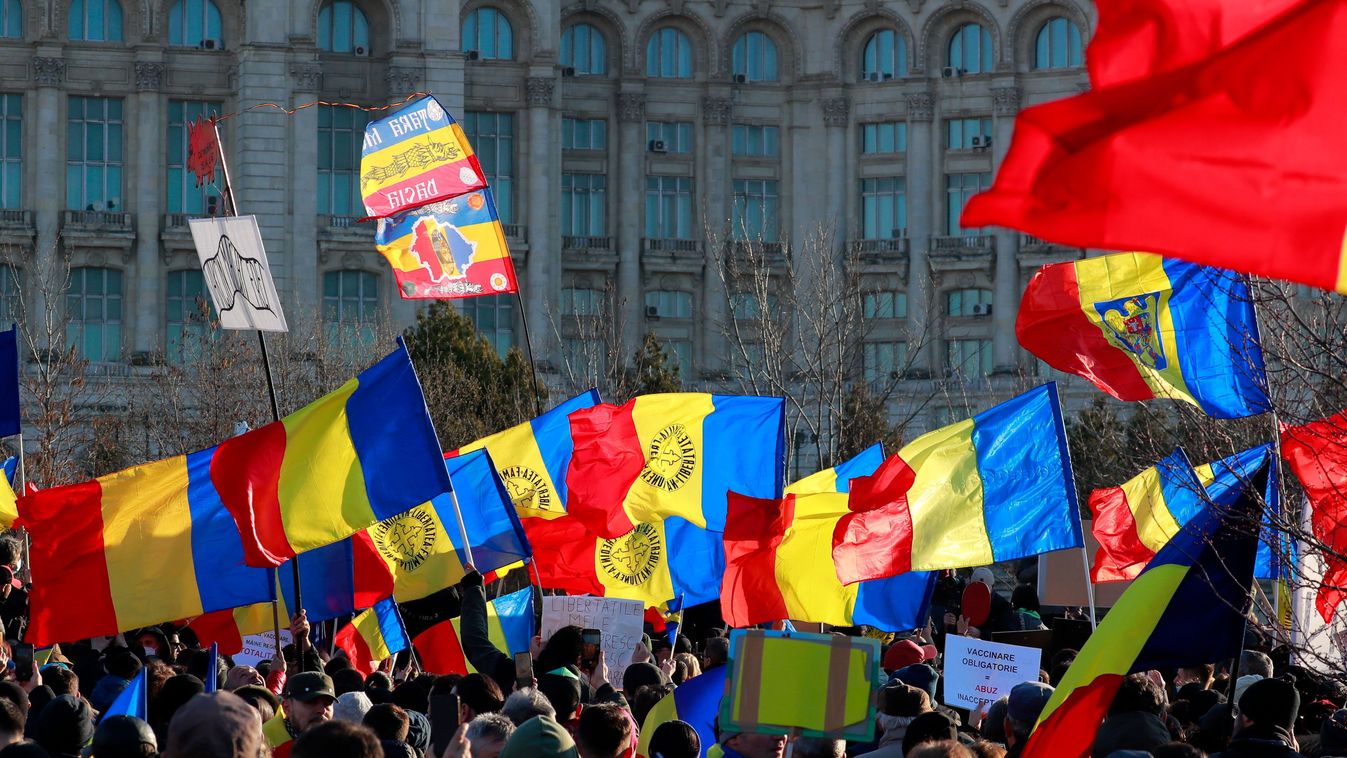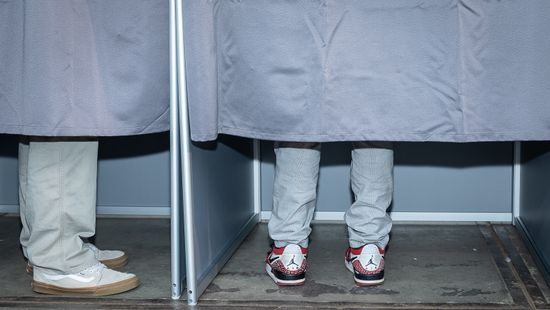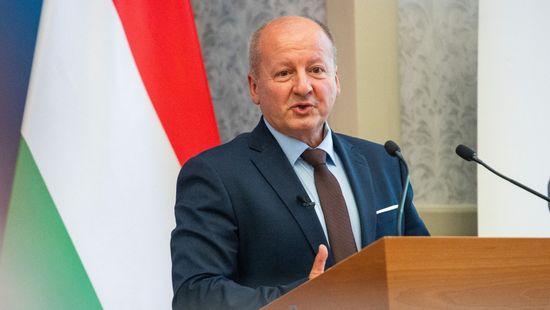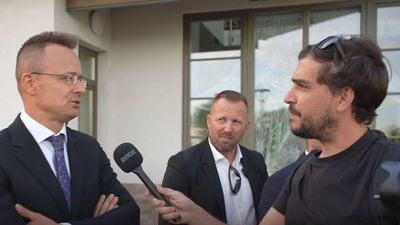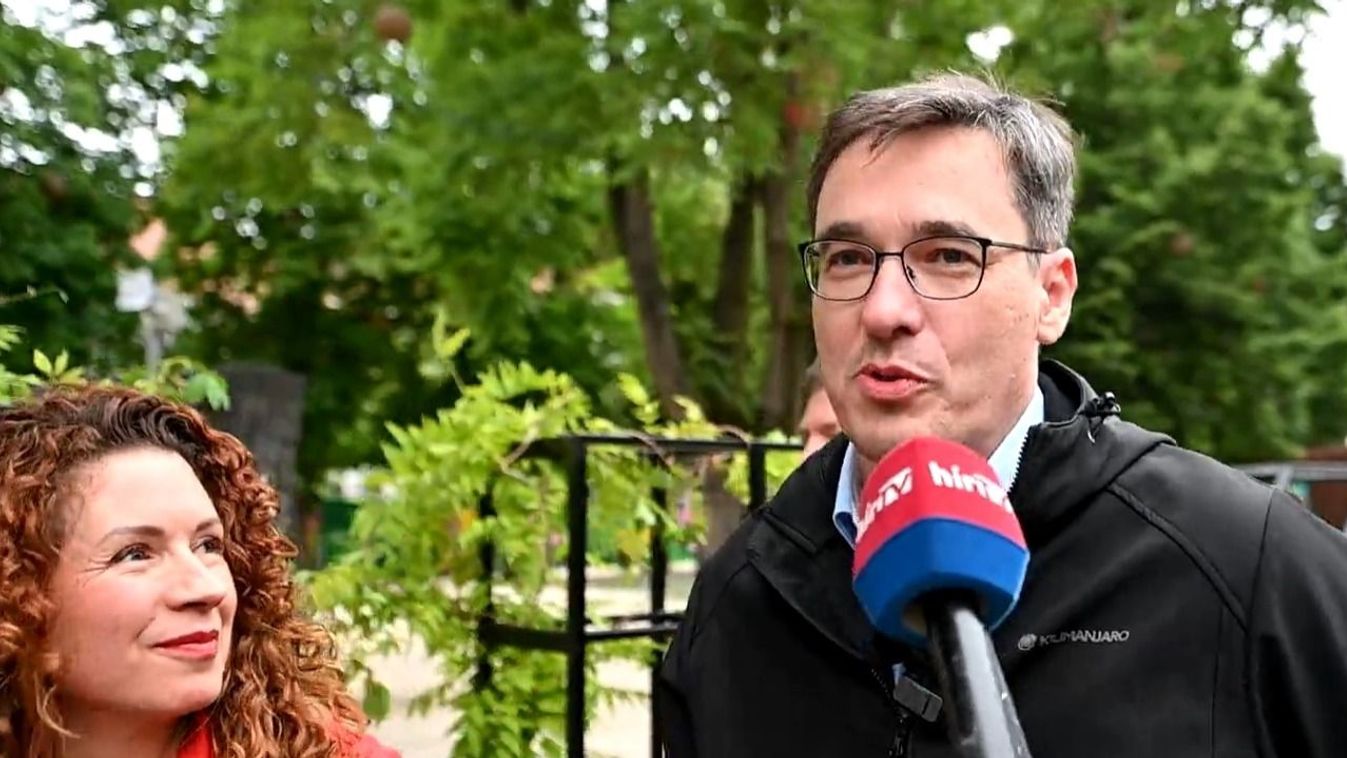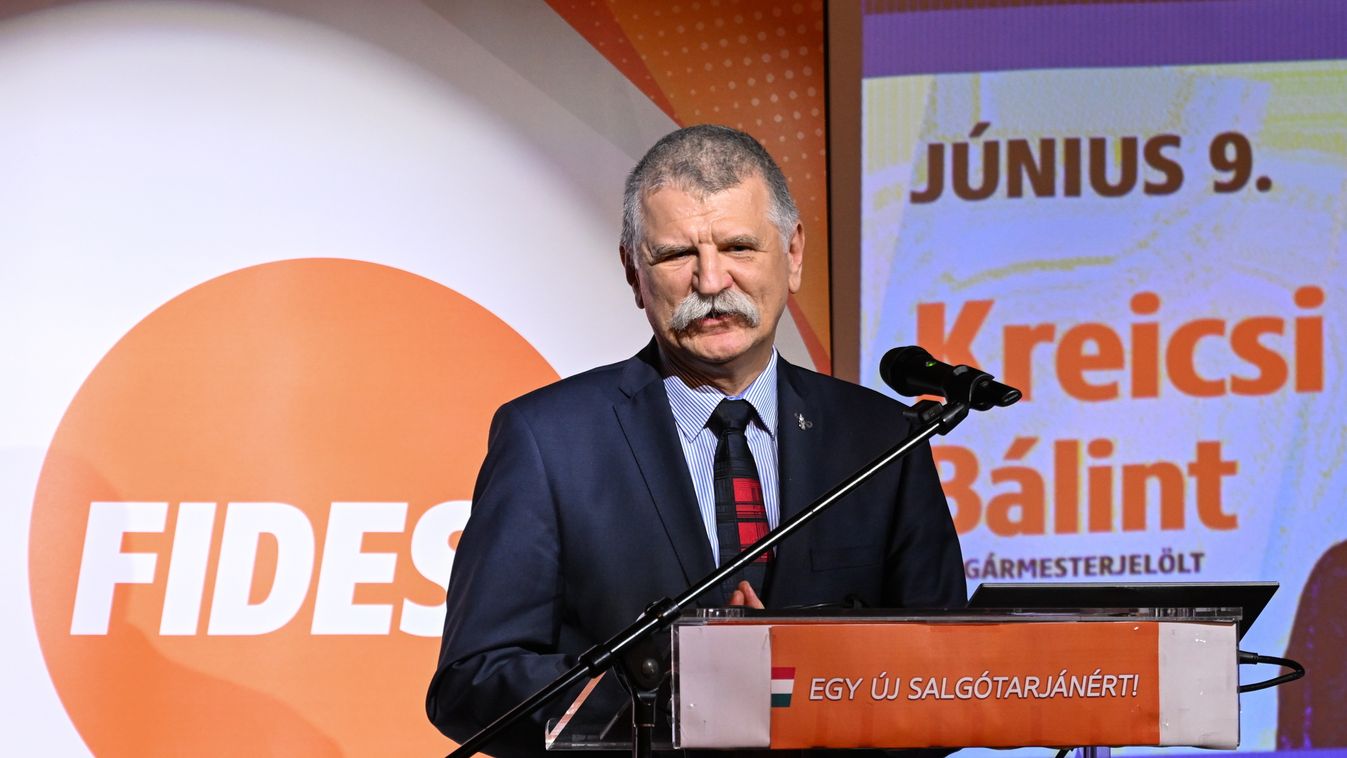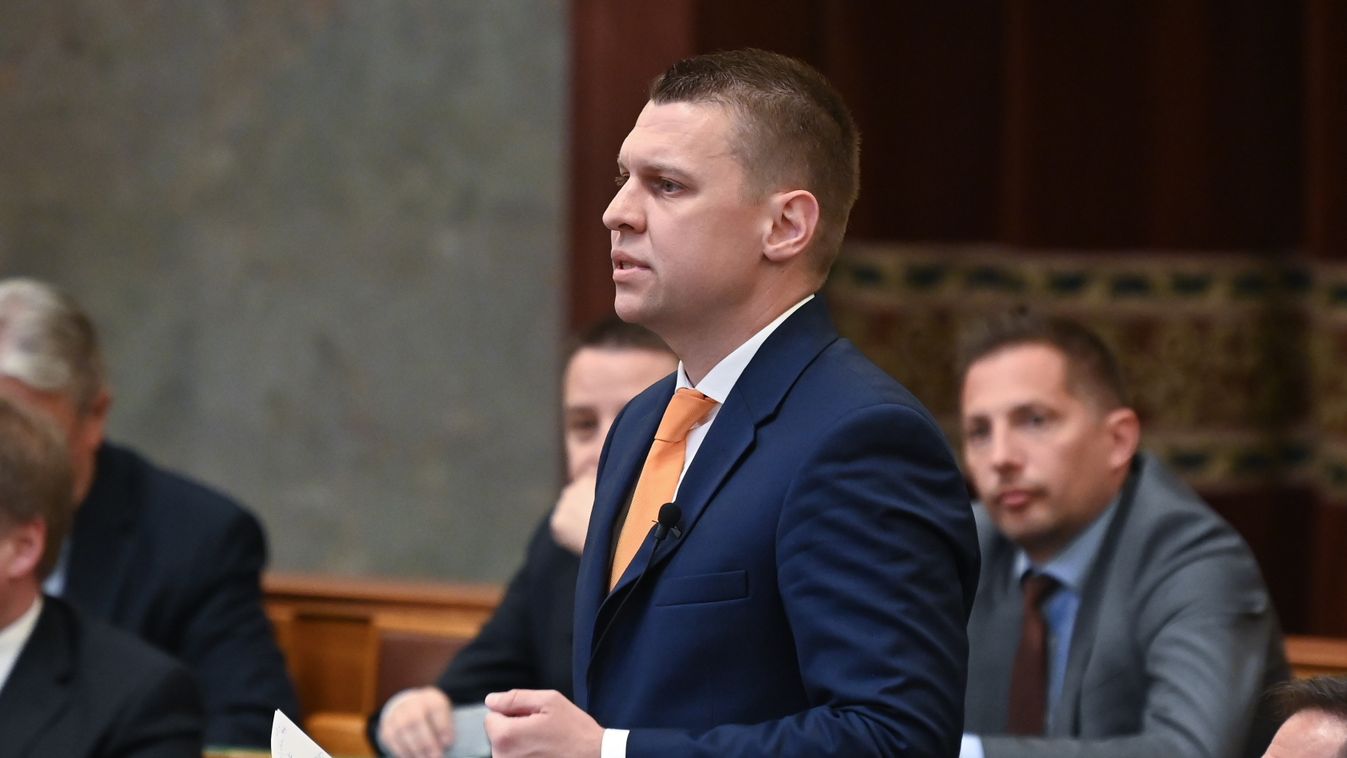The rights of Romania's national minorities are protected by a solid legal and political framework, but the future of minority language rights in Romania is uncertain, the minority protection body the Council of Europe (CoE), which has 46 member states, said in Strasbourg on Tuesday.
In its report, the Advisory Committee of the Council of Europe's Framework Convention for the Protection of National Minorities (FCNM) said that the 20 recognized national minorities in Romania receive generous financial support to promote and protect their culture and are guaranteed participation in political decision-making bodies.
The committee stressed, however, that a number of issues needed to be addressed, such as uncertainty about the future guarantee of the right to use minority languages, discrimination against Roma people in education, and the investigation and sanctioning of police abuses against national minorities.
The 2022 census recorded a decrease in the number of people belonging to national minorities, the committee wrote. According to the experts, this decrease leads to uncertainty about the future implementation of the right to use minority languages in public administration, before the courts and in public signs, since a national minority may only exercise its language rights if their proportion does not fall below 20 per cent in the municipality concerned.
The committee urged the Romanian authorities to be cautious in applying the 20 percent threshold and suggested that an absolute figure be used instead.
The experts also regretted that the Romanian Government had still not approved the use of bilingual administrative forms, as required by the legislation in force.
They acknowledged that the minority language education system is still in place, but that there is a shortage of teachers in some languages. According to the experts, efforts have been made by the competent Romanian authorities to improve the representation of national minorities in educational materials and to provide information on minority cultures and the Holocaust. However, they stressed that the authorities needed to do more to raise awareness of the history of the Roma and Jewish minorities and to improve the current situation of these groups.
Finally, they remarked that the Romanian authorities were investing considerable sums in promoting intercultural dialogue. They wrote that while anti-Semitism and the anti-Roma sentiment still persists, the vast majority of the Romanian population does not perceive any distance between Romanians and Hungarians at the individual level.
At the political level, however, several events have triggered heated debates about different interpretations of history and the use of flags and anthems,
the Council of Europe's expert committee body for the protection of minorities highlighted this in its report.
Cover photo: Demonstrators protesting against the new restrictions introduced in response to the coronavirus epidemic (Photo: MTI/EPA/Robert Ghement)

